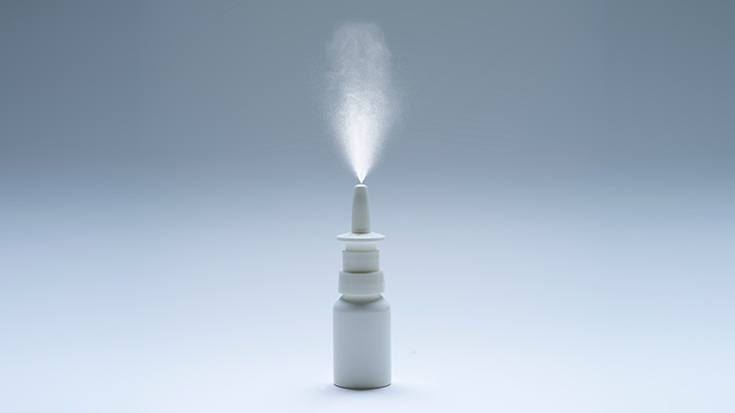
Could poor sleep quality be an even bigger risk factor for COPD exacerbations than smoking?
According to University of California San Francisco researchers who followed 1,647 people with confirmed COPD who were enrolled in the multi-center SPIROMICS trial, the answer may be yes.
“Among those who already have COPD, knowing how they sleep at night will tell me much more about their risk of a flare-up than knowing whether they smoked for 40 versus 60 years,” said lead study author Aaron Baugh, MD.
25% to 95% increased risk
All of the subjects in the study were current or former tobacco users, and all had undergone at least one sleep evaluation. The participants used a common tool to measure their sleep quality and were followed for three years to assess for exacerbations.
Compared to those who reported the best possible sleep, those at the threshold or at the base level of poor sleep had a 25% increased chance of having a COPD exacerbation within the next year.
Participants who scored the worst on sleep quality were nearly 95% more likely to have a COPD exacerbation within the next year.
Results may explain racial disparities in COPD outcomes
The findings in the study applied to all races and ethnicities. Still, the investigators note that since other trials have shown poorer sleep quality in black individuals, they believe the results may help explain why black Americans also tend to have worse outcomes from COPD than other racial and ethnic groups.
“Sleep has not been extensively studied as a modifier of COPD outcomes,” said Marishka Brown, PhD, director of the NHLBI’s National Center on Sleep Disorders Research. “This study adds to a growing knowledge base demonstrating the harmful effects of poor sleep on health in general but can be particularly damaging in people with devastating preexisting conditions, such as COPD.”
Dr. Baugh said the fact that sleep might be impacting COPD patients more than smoking surprised him.
“Smoking is such a central process to COPD that I would have predicted it would be the more important predictor in the case of exacerbations,” he said.
He and his fellow authors believe their research fills an important knowledge gap when it comes to what might trigger a COPD exacerbation.
The study was supported by a grant from the NHLBI and published in a recent edition of Sleep. Read More
Email newsroom@aarc.org with questions or comments, we’d love to hear from you.















